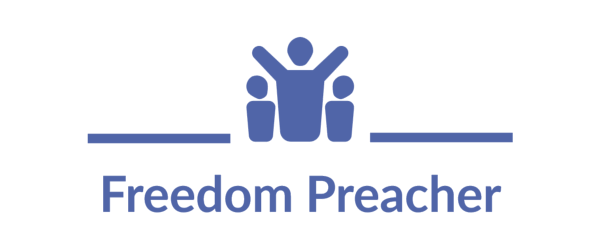Consider a typical college level curriculum. How do the various subjects – not to mention the others that fill catalogs and course schedules – relate to the issue of living our lives? As a student, I remember thinking there were some pieces missing, some missing links.
Here is a lecture I wish I had received:
“You can do pretty much anything you want with your life, live wherever you want, spend your time with whomever you wish. All you have to do is pay your way.
There are only a few ways to get the things you will want and need: steal them, be fortunate enough for someone to give them to you, or earn them.
The first two are beyond the scope of this lecture. Besides, if either of them apply to you you’re already aware of it and don’t need any help from me.
So this leaves earning them. What does this mean? It means getting someone to pay you to do things they either don’t want to do or don’t know how to do. This in turn requires skills. (It can also require capital and labor and entrepreneurial skills, possibly a related lecture.)
Since supporting yourself is on your list – we ruled out the other possibilities above – you will need to develop skills. Not only skills – marketable skills. Since the world’s economy is a rapidly changing environment, the “marketable” part is critical. In the old days we would use blacksmiths, horseshoes, and automobiles to illustrate this point. In modern times technical skills can become obsolete so quickly it’s almost breathtaking.
A tricky term in that paragraph is “obsolete.” With the rate of change itself increasing rapidly, very few skills remain unchanged in the course of a lifetime. One way to deal with this is to maintain a flexibility, an ability to constantly modify your skills as needed. With this in mind, connecting your education to your skills to your career can be seen as an ongoing, dynamic process.
Ultimately, someone will pay you to help with their problems, whether it’s an individual or an organization. This requires two things from you: skills to get the job done, and the ability to convince them that you can in fact do the job.
Keep all of this in mind as you decide what to study, what to learn. Your interest in, and enjoyment of, the subject is important, but it’s only half of the picture. The other half is: Who will benefit from skills I will have as a result of learning this? What alternatives will they have to paying me for what I know? How is this likely to change over time?”
I have a feeling this would have made a huge difference in my life. It would have taken about 10 minutes.


